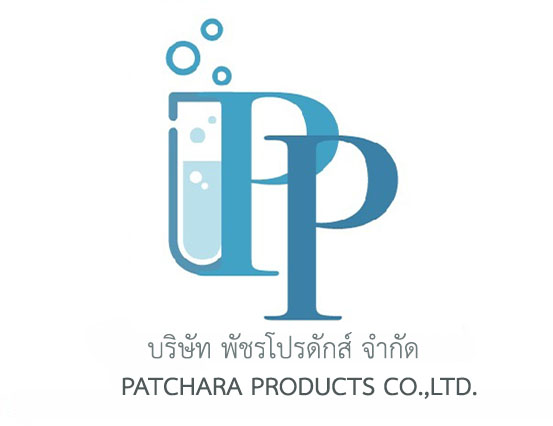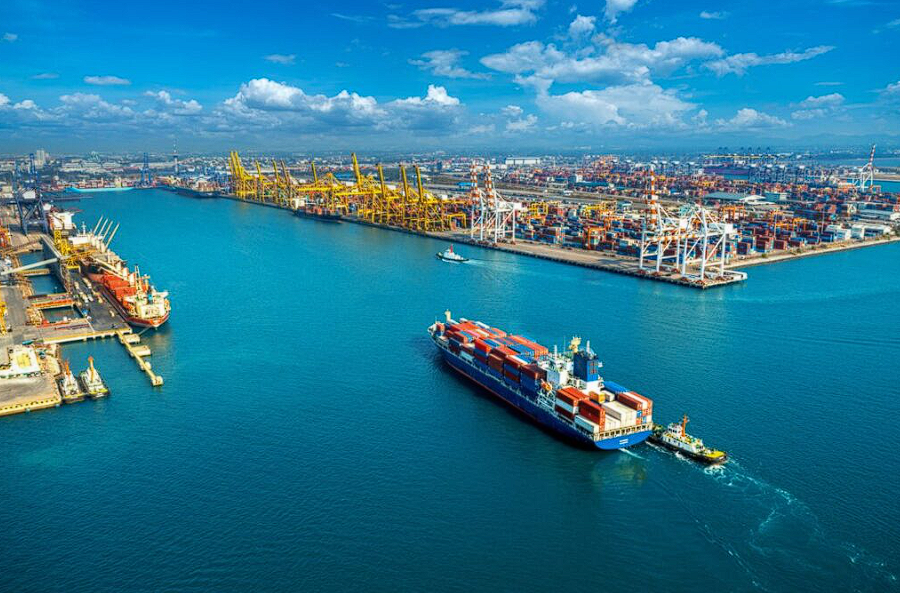The Chamber of Commerce fears food exports will suffer 170 billion baht if Trump raises tariffs in April.
The Thai Chamber of Commerce, the Federation of Thai Industries, and the National Food Industry have announced the situation and incoming trend of agriculture and food business in Thailand.
Ms. Supawan Teerarat, Director of National Food Industry, said that the importing market value of Thailand in 2024 is around 1,638,445 million baht, with the new all-time high market expanded to 7.3% due to increasing demand for food wealth and the economic situation in the country that is recovering.
In the Year 2025,
The food importing industry is expected to be around 1,750,000 million baht, which expanded 6.8% due to the increasing supply chain of ingredients, including coconut, Cassava oil, and pineapple. At the same time, baht value compared to the US dollar is evaluated to be around 33-35 baht per 1 dollar this year, which is beneficial to importing businesses in Thailand. Last but not least, most exporting products of Thailand this year, according to the Director of the National Food Industry, are pet food, processed food, and products from the coconut
However, food and agriculture exports from Thailand this year still have a high risk from Reciprocal tariffs of the USA that will apply to many countries with trade surpluses with the US, including Thailand, which could negatively impact the exporting value of this year, not reach the expectation.
Mr. Poj, Vice President of the Thai Chamber of Commerce, mentioned that
“Thailand is at risk of being hit by import tariffs on food products because last year Thailand had a food trade surplus with the US of 128.23 billion baht, about 10% of Thailand’s total trade surplus, second only to the electronics and automotive industries. Last year, Thailand exported 172.38 billion baht to the US but imported only 44.15 billion baht.”
Mr. Poj mentioned the group of products that may be affected by the tariff increase measures, totaling 38 items, with an export value to the United States of 172.38 billion baht, divided into 3 groups according to the severity of the impact.
3 Groups of Products that will be affected by the tariff increase measures
- Group 1: the most affected, totaling 18 items, are frozen shrimp, frozen squid, jasmine rice, sticky rice, canned tuna, prepared shrimp, ready-to-eat rice, crackers, noodles, pasta, coconut water, pineapple juice, canned vegetables, fruits, ready-to-eat coconut milk, sauces, seasonings, and pet food
- Group 2: Medium impact 10 items: coconut, durian, tamarind, tapioca flour, rice flour, glucose, glucose syrup, coconut sugar, beverages containing coconut water or mixed fruit juice, and energy drinks.
- Group 3: The 10 least impacted items are insects – crickets, honey, green beans, garlic, ginger, pepper, other spices, rice bran oil, coconut water and chocolate snacks.
Mr. Poj said that currently,
Thailand has 30 million people involved in the agricultural and food sectors. Therefore, the government must take this issue seriously. It must accelerate negotiations with the United States, especially opening up the market for some products to the United States. However, it must not affect the agricultural sector in the country.
The product groups that the US may want Thailand to increase imports of include soybeans, wheat, sea fish, powdered milk, and animal feed ingredients. This group can do so without affecting Thailand’s agricultural sector because they are essential products for consumption and processing in Thailand.
But the group of products that the United States is trying to pressure all countries to open their markets more is the group of meat products, which will affect domestic entrepreneurs. In the past, the United States has continuously tried to open meat markets in many countries, both in ASEAN and East Asia.
However, Thailand’s agricultural and food industry is still facing internal problems, resulting in only 25% of production capacity due to severe shortages of raw materials and labor.
Therefore, the government should accelerate the import of raw materials for processing for export as soon as possible, such as corn, which is an upstream raw material for animal feed and aquatic animals for processing for export. It must also accelerate the cost reduction for the production sector, such as reducing water and electricity costs, and using AI to develop breeds to increase the yield of Thai agricultural products.
Read more at: https://www.prachachat.net/economy/news

